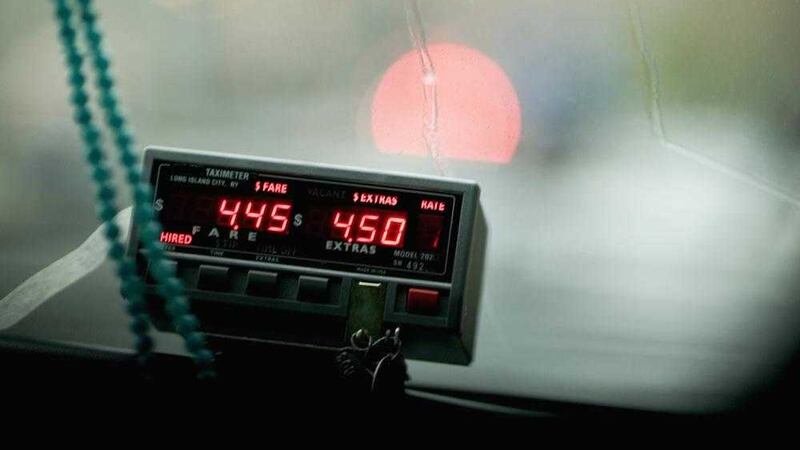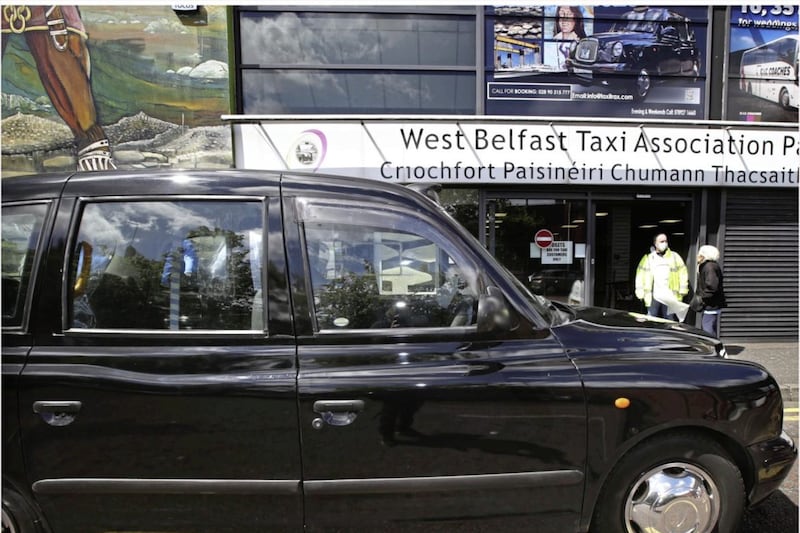TAXI services could be pulled from many rural parts of Northern Ireland with new legislation set to dramatically reduce how much operators can charge customers, it has been claimed.
New rules due to come into force next May will limit taxi firms to running a meter only between the pick-off and drop-off point.
And it means town-based operators in some parts of the north will no longer be able to add call out charges to fares in rural areas as is currently common practice.
Eammon Corrigan from lobby group Town and Rural Taxi Association said it would mean services would not be offered in some areas leading to loss of trade for country bars and could lead to more people taking risks with drink driving.
Mr Corrigan runs Antrim-based taxi firm Regency Cabs.
It has 37 drivers on the road but Mr Corrigan - who currently cannot keep up with demand - fears business will drop as a result of the new legislation.
He said plans for new taxi-meters were "great for heavily populated towns and cities but not in the large rural community in Northern Ireland".
"At the minute, taxi drivers in rural Northern Ireland at a call out charge to fares," he said.
"But that will all have to stop. It means for example you may do a 12-mile round trip for a fare that is only a mile down the road. Under this legislation, you could only charge for the one mile so you would be out money.
"I'm 26 years in this game and it has always been the same situation and customers in rural areas understood that.
"The people that will suffer will be the customers themselves but then you've got bed and breakfasts and country pubs.
"It could lead to more illegal taxis on the roads or you'll get people taking a chance and drinking and drive.
"There will also be people take the chance and walk home and along country roads it will only be a matter of time until someone is wiped out."
The new legislation is the latest in a long line of reforms emanating from the Taxis Act of 2008.
Also in discussions at present are the introduction of four new categories of taxi licence, the requirement for all taxis to carry printers for receipts and new enhanced specifications for wheelchair accessible taxis.
The Town and Rural Taxi Association represents around 400 drivers mainly in Co Antrim.
It said while around three-quarters of rural taxi runs will work well under the new proposals, the remainder which include "dead miles" will no longer be viable for operators.
A spokesman for the Department of Environment (DoE) said it "consulted thoroughly" on the new regulations and surveyed more than 2,000 taxi licence holders.
"What has been put in place reflects what most people want and is good news for customers," she said.
"DOE engaged consultants to carry out a review of taxi fares which, amongst other things, went to great lengths to take into account rural issues. The report concluded that, in general, there was no significant difference in the costs of providing a taxi service between urban and rural areas and that a single tariff rate was appropriate. This was largely because while rural drivers undertake fewer trips, the trips are generally longer.
"The specific issue of call out charges was considered but the disadvantages of including such a charge throughout the north would be even more detrimental in urban areas.
"We would expect rural taxi drivers to be able to still run a profitable business under the new regulations."







